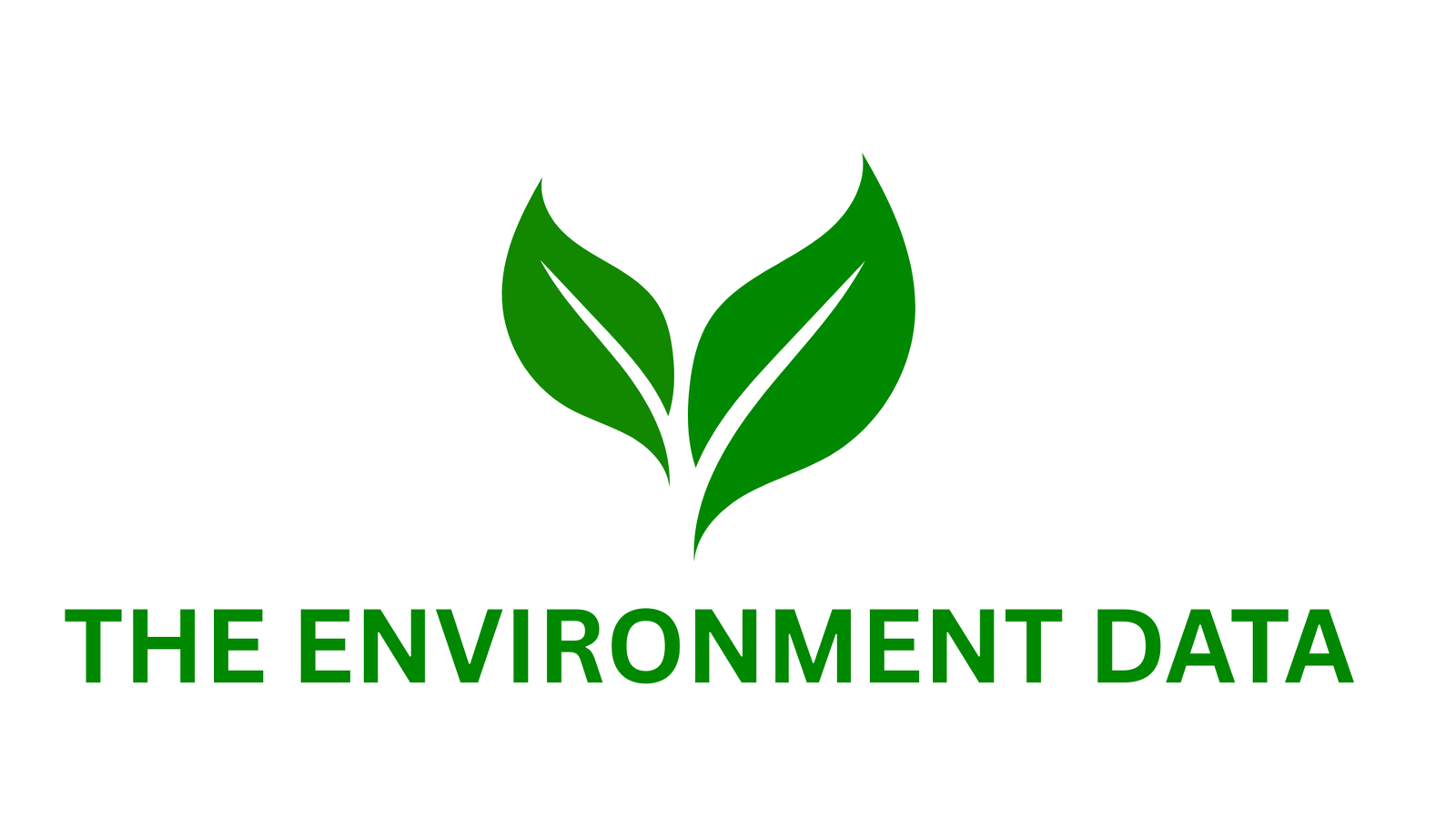Key figures within the EU Plastic Recycling Industry and others have joined forces to raise alarm over the European Commission’s draft Clean Industrial State Aid Framework, citing a critical lack of support for circularity measures
TOMRA-Led Coalition Urges EU to Include Circularity in Industrial Funding Framework
A broad coalition of circular economy stakeholders, spearheaded by TOMRA—a global leader in waste-sorting technology—is calling on the European Commission to ensure that circularity is fully supported under the proposed Clean Industrial State Aid Framework (CISAF). Despite being one of the four pillars of the Clean Industrial Deal, circularity is noticeably missing from the CISAF’s core provisions.
Bilyana Ignatova, Vice President of EU Public Affairs at TOMRA, stressed:
“The ambition of the Clean Industrial Deal can only be realised if all its pillars, including circularity, receive equal policy attention and financial backing.”
The Clean Industrial Deal acknowledges that:
“Circularity will be a priority. It is the key to maximising the EU’s limited resources, reducing dependencies, and enhancing resilience. It reduces waste, lowers production costs and CO₂ emissions, and fosters a more sustainable industrial model—boosting both environmental and economic competitiveness.”
Its stated goal is to position the EU as a global leader in circular economy by 2030.
However, the coalition of resource management leaders warns that this ambition is unattainable without appropriate financial mechanisms to scale up circular infrastructure. They express serious concern over the absence of explicit support for circularity projects in the draft CISAF.
By embedding circularity into its decarbonisation strategy, the EU can make essential materials more affordable and accessible, reduce reliance on cross-border trade, and keep resources in use longer through reuse, remanufacturing, and recycling.
Supporting material circularity through state aid will drive more sustainable industrial production, enhance resource security, and accelerate the EU’s decarbonisation goals. Clear policy provisions for circularity are essential to meet the EU’s target of increasing material circularity by 24% by 2030 and ensuring resources remain in circulation for as long as possible.
